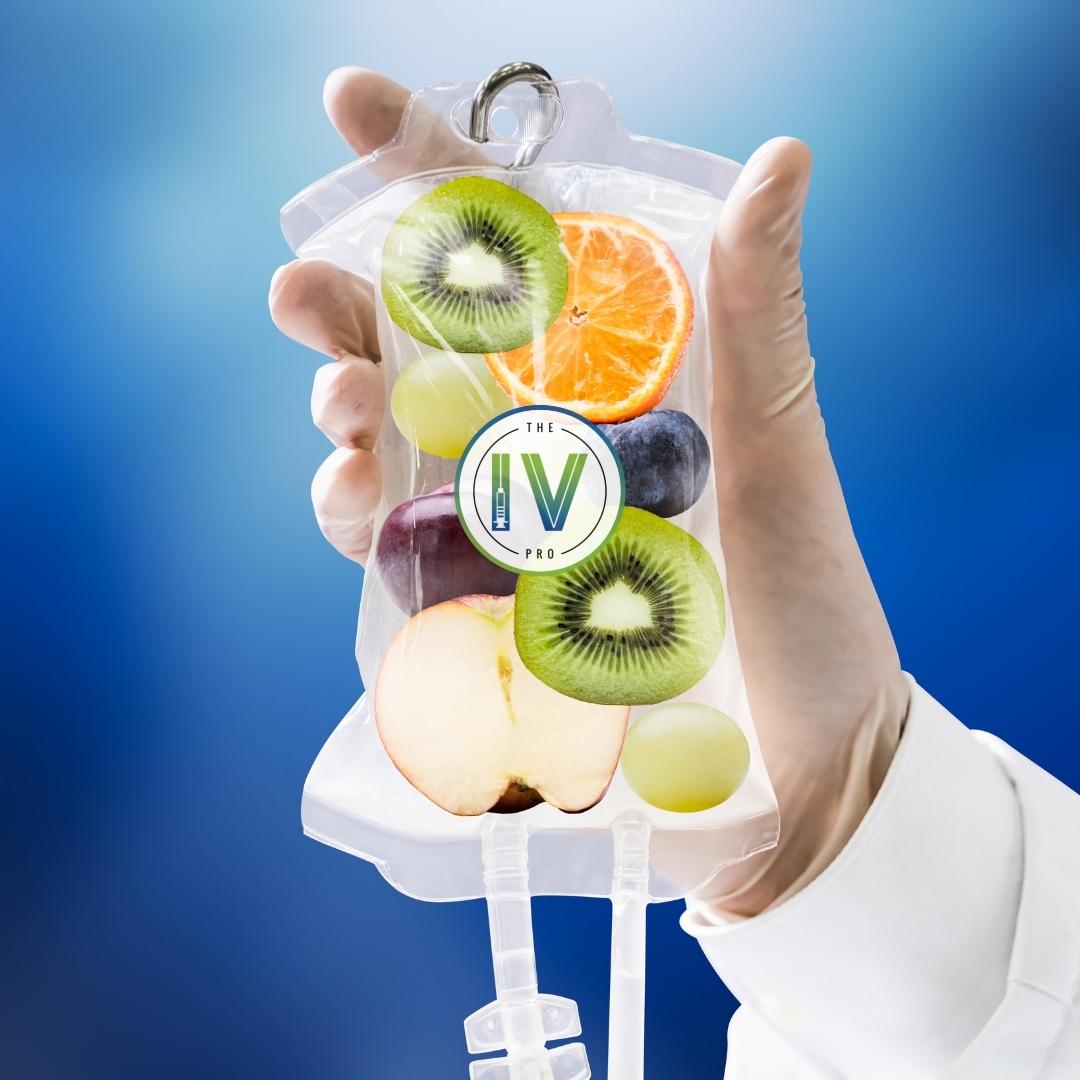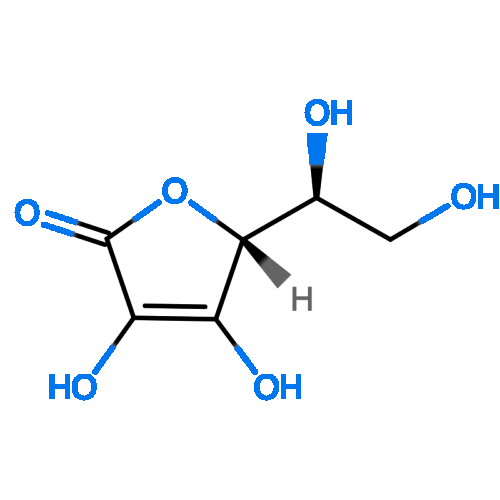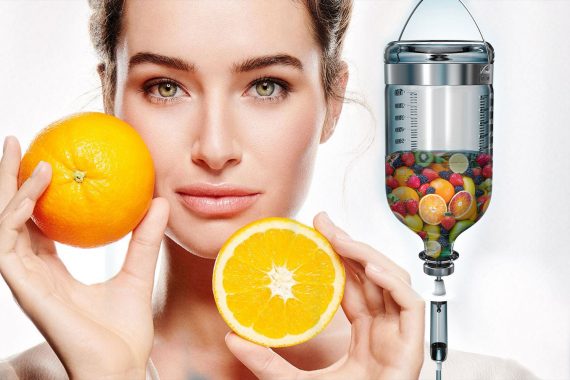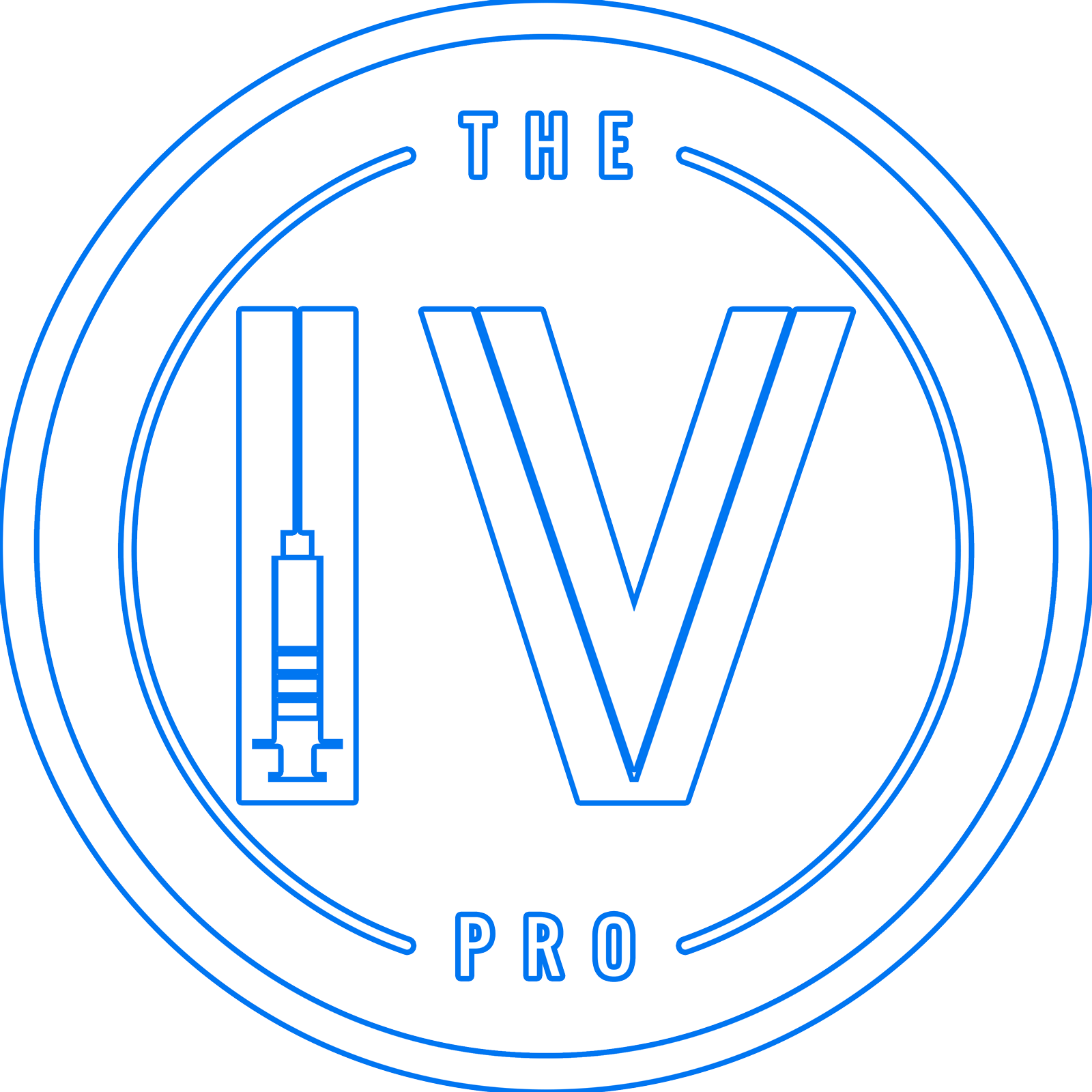Vitamin C Cancer Treatment
Vitamin C Drip Therapy
Pricing Varies
What is Vitamin C?
Vitamin C, like other antioxidants, helps to prevent free radicals from damaging your cells and DNA. It pairs with these molecules to accelerate their elimination from your body. Vitamin C is an essential component of the production of collagen. This connective tissue promotes wound healing. Vitamin C, taken together, is an important component of a healthy immune response.
Vitamin C is often associated with the flu and cold, but new research suggests that high levels of Vitamin C could be used as a complement to traditional cancer treatments like chemotherapy and radiation therapy.

Benefits of a high-dose Vitamin C IV for cancer?
Vitamin C for Cancer Benefits
An IV with high-dose Vitamin C can be used as a combination therapy for cancer treatment. There are many benefits:

Vitamin C infusions have few side effects.
Will increase the quality of life
This may slow down the progression of the disease and decrease the proliferation of cancer cells.
May help reduce side effects from co-therapies
Side effects of traditional co-therapies may be lessened
Combination therapy may offer a useful supplement to conventional cancer treatments
For people with conditions that limit the body's ability to absorb nutrients, IV drip administration of high-dose vitamin C is an effective option.
It helps to remove free radicals from the body and regulates redox reactions which cause DNA damage. This can lead to premature aging and other health problems.
These are just a few of the many benefits of high-dose Vitamin C IV therapy. It can also boost the effectiveness and immune system health, which is often compromised by traditional therapies.
How does a high-dose Vitamin C drip work?
Vitamin C supplementation is possible with high-dose vitamin C. Early research suggests that high levels of vitamin C can kill cancer cells. It naturally breaks down into hydrogen peroxide, which can cause tissue and DNA damage. This may cause cell damage similar to chemotherapy and radiation therapy. It can also lead to tumor shrinkage or malignant cell death.
High-dose Vitamin C drips should not be used as a replacement for chemotherapy or radiation. These treatments target cancerous cells and impair or kill their ability to reproduce. This ultimately leads to cell death. High-dose Vitamin C is not meant to replace surgery in which malignant cells can be removed from the body. It may be added to a cancer treatment plan to improve symptoms and enhance the quality of life.
Are there any side effects to a Vitamin C drip for cancer patients?
These risk factors include:
- People with kidney disease
- Hemochromatosis is a condition in which the body stores too much iron.
- G6PD deficiency may lead to hemolysis in individuals who are treated.

Improved Quality of Life
The potential for improving the quality of life for patients who receive intravenous high-dose vitamin C is particularly promising. IV high-dose vitamin A bypasses the digestive system’s absorption mechanism, resulting in a higher concentration of the vitamin in the patient’s body. Patients reported improved physical, cognitive, and emotional symptoms in this study.
Patients can improve their quality of life in recovery. This can be a way to increase energy and comfort or offer palliative care for terminal patients.
What is the In-Home Treatment?
- At-home Vitamin C drip therapy is simple and safe. Here are some things to look out for:
- A nurse arrives at your home with all the necessary equipment to treat you
- To minimize infection, they will clean and prepare the injection site.
- An IV will be administered using a catheter and tubing
- Your nurse will be there for you throughout the infusion. It usually takes between 30 and 45 minutes.
- There is no downtime following an infusion unless your doctor has instructed you otherwise. After treatment, you can return to your regular activities.

Why not get a high-dose IV with Vitamin C at home instead of visiting a clinic?
- It is convenient for busy families or individuals with hectic schedules
- It saves time and effort of waiting in traffic to get to and from the clinic
- Mobility-impaired individuals don’t have to worry about transportation arrangements
- People who work remotely can still earn money during treatment.
- In-home treatments can help you avoid possible exposure to viruses like COVID-19
- IV infusions can be done at your own pace and time, and can be easily incorporated between treatment appointments for cancer.


